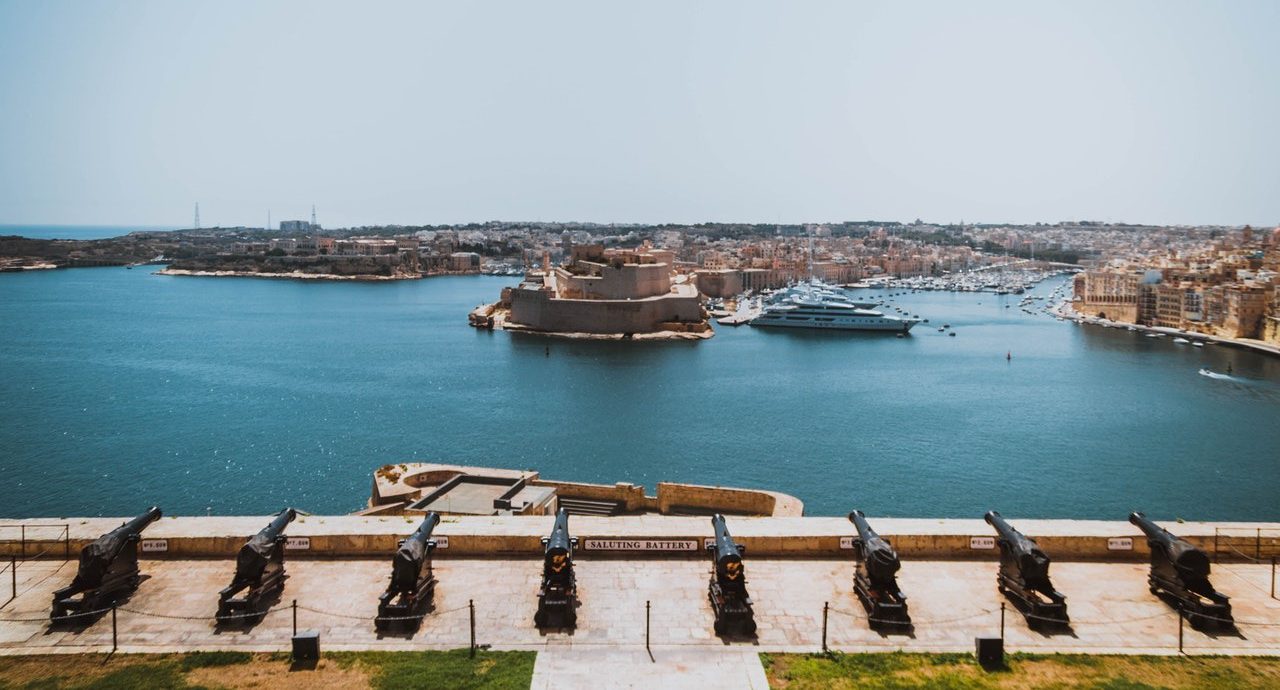Government’s efforts to get businesses to pay their fair share of tax are being undermined by its largesse on “wasteful” initiatives like the metro and Gozo tunnel proposals, while the refusal to publish the number, names and contracts of persons employed on a person of trust basis, which have proliferated in recent years, does little to inspire confidence that the money collected would be used well.
This was the warning issued by the Malta Employers Association (MEA) on Tuesday, as part of its Budget proposals for the next year.
“A fundamental requisite for tax compliance is trust in the institutions,” it said, expressing its understanding that “there are two sides to the fiscal morality coin” entailing “judicious” use of public funds.
“The public needs to be given more confidence that the funds it is contributing by way of taxes are being used wisely, not squandered,” it said, noting that lack of transparency, flagrant flouting of audit requirements by political parties, and an over-sized parliament and cabinet “do not inspire tax compliance”.
The MEA singled out the American University of Malta and Vitals (now Steward) hospital concession as “serious matters” where the Government should come clean.
The strong words come after the news that officials from the VAT Department carried out over 500 spot-checks over the last months, finding that around a third of catering establishments and a half of beauty outlets are failing to issue a VAT receipt, as they are legally obliged to do.
The association made other suggestions too, including the introduction of incentives to encourage people to work past retirement age, a wage regulation order for food delivery drivers, and a refocusing of MCAST’s mission towards vocational work to address a severe skills shortage.
As regards tourism, the MEA also warned that unbridled construction and congestion is leading to a “deterioration” of Malta as an attractive destination. This, it said, reflects the lack of guidance provided by Government to the private sector, noting that fragmented individual interests are driving the industry to pursue conflicting aims, bringing up the controversial extension of the licence to play loud music in Valletta beyond 11pm and the “debacle” in Comino as key examples.
“The industry lacks guidance on fundamental strategic issues,” employers said. “Shall we focus on quantity and increase our bed stock and catering facilities, or shall we look more towards attracting the high end sector which is more demanding but may require fewer arrivals with higher specifications and possibly reducing the demand for bed stock and other facilities? There needs to be an indication where to position ourselves between these two poles.”
Government’s failure to obtain assurance for Malta in the face of a new tax on aviation fuel that is expected to increase the cost of a ticket to Malta by 90 per cent over the next decade also came in for criticism.
The rising cost of raw materials and labour was also addressed as a major cause for concern. “One priority for the economy in such circumstances is the avoidance of a wage-price spiral that will pour gasoline on the fire and erode competitiveness,” said the MEA.
Government introduces mandatory physical inspection for vintage vehicle classification
From 1st September 2025, vehicles seeking vintage status must undergo a physical inspection by the official classification committee
Local filmmakers paid just €250 to screen at Mediterrane Film
The figure stands in stark contrast to the estimated €5 million total spend
Malta International Airport closes in on one million passengers in June
Meanwhile, aircraft traffic movement rose by 4.5 per cent year on year






